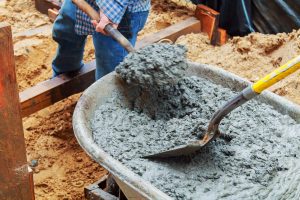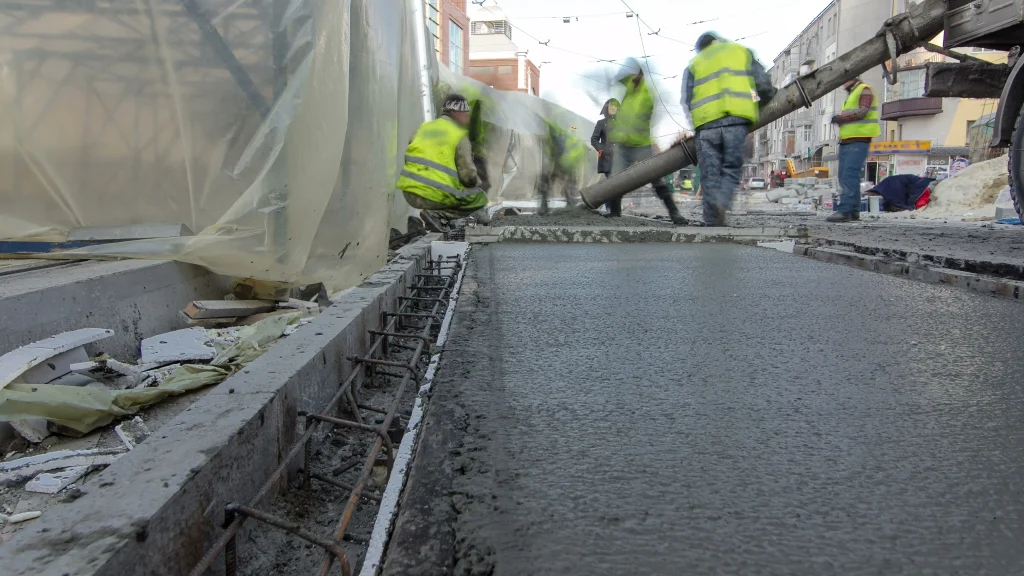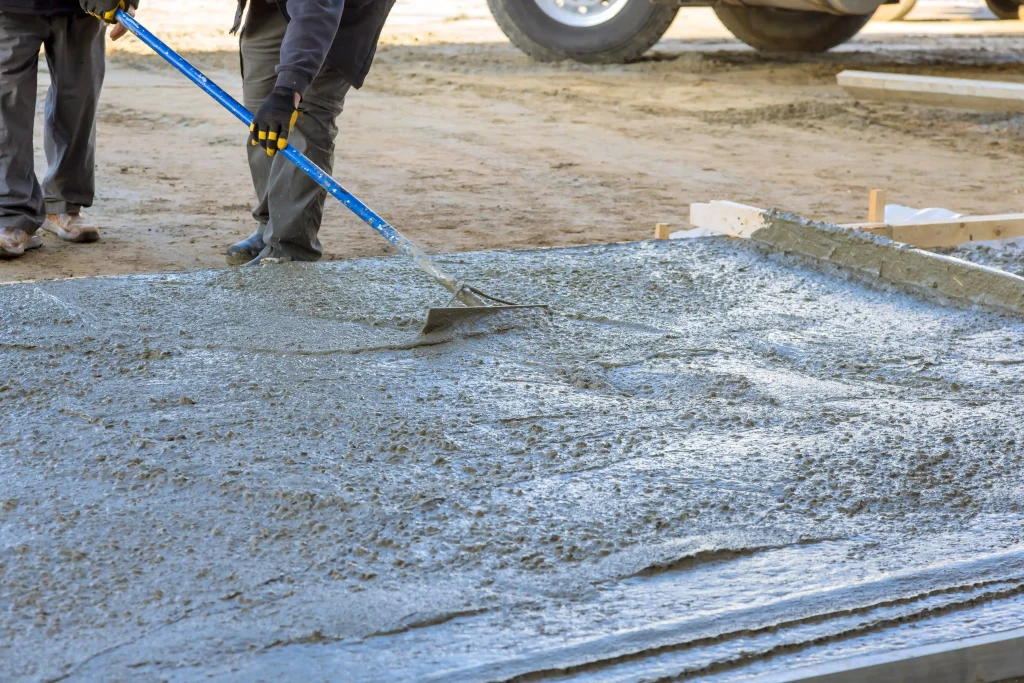When you’re planning a construction project, the quality of ready-mix concrete directly affects how strong and durable your structure will be. Poor quality mixed concrete can lead to cracking, water damage, and structural failure. Understanding what makes quality concrete helps you make better choices for construction sites.
What Makes Quality Ready Mixed Concrete?
Ready mix concrete is a carefully balanced mixture of cement, water, aggregates (sand and gravel), and sometimes special additives. Each ingredient plays a key role in the final strength.
Quality aggregates make up 60-80% of the mix. Think of them as the skeleton that gives concrete its strength. When ready mix concrete suppliers use high-quality materials, you get fewer gaps, better durability, and a structure that handles heavy loads.
The water-cement ratio is critical for both quality and ready mix price. Too much water weakens the finished product. Too little makes it hard to pour. Professional concrete suppliers get this balance exactly right for your needs.
How Mixing Affects Quality
Even perfect ingredients can produce poor results with bad mixing. Ready-mix concrete suppliers use two main methods. The central plant mixes everything at the supplier’s facility before loading the truck. This gives better quality control. Truck mixing adds ingredients to the drum during transport, which requires careful monitoring.
For construction sites with complex needs, suppliers can adjust concrete mixes on demand. Using a concrete calculator helps determine the exact volume you need, preventing waste and keeping costs down.
Testing Standards Matter
Good suppliers regularly test their mixed concrete to meet British Standards. Strength testing crushes samples at 7, 14, and 28 days to check they meet specifications. The 28-day test is the industry standard.
The slump test measures workability. A cone is filled with fresh concrete, then removed. How much it slumps shows if it’s right for your construction project. Very low slump works for roads. Medium slump suits general building. High slump indicates too much water, which reduces strength.
The British Ready-mixed Concrete Association provides detailed guidance on concrete strength assessment standards that all UK suppliers should follow.
Common Quality Problems
Cracking happens when concrete dries too quickly, has a poor mix design, or faces too much load. Small hairline cracks are usually cosmetic, but larger cracks signal serious issues.
Surface problems like spalling occur when the top breaks away in chunks. This often comes from freeze-thaw damage or using concrete before it’s fully cured. Air voids are pockets trapped inside that weaken the structure. Proper vibration during pouring removes excess air.
Why Quality Equals Longevity
High-quality ready mix concrete from reliable suppliers lasts 50-100 years with proper care. Poor quality needs repairs within 10-20 years. For reinforced concrete in structural elements, quality becomes even more important.
UK weather is tough on concrete. Quality concrete mixes resist freeze-thaw cycles, rain, and temperature changes better than cheap alternatives. They also handle chemical attack from road salts and soil acids. The Concrete Society explains how freeze-thaw cycles damage concrete and why proper mix design is essential for UK conditions.
Choosing the Right Concrete Supplier
Different projects need different concrete mixes. Foundations require a different strength than driveways. A good concrete supplier discusses your specific needs and recommends the right mix for your construction project.
Don’t choose based on ready mix price alone. Cheaper concrete often means lower-quality ingredients or less careful mixing. The small savings cost much more in repairs later.
When selecting ready mix concrete suppliers, look for established reputation, regular quality testing, and professional service. Quality suppliers provide documentation showing their concrete meets British Standards.
Your structure’s strength depends on choosing quality ready-mixed concrete and working with reliable suppliers. Understanding what makes good concrete helps ensure your construction project stands strong for decades.




